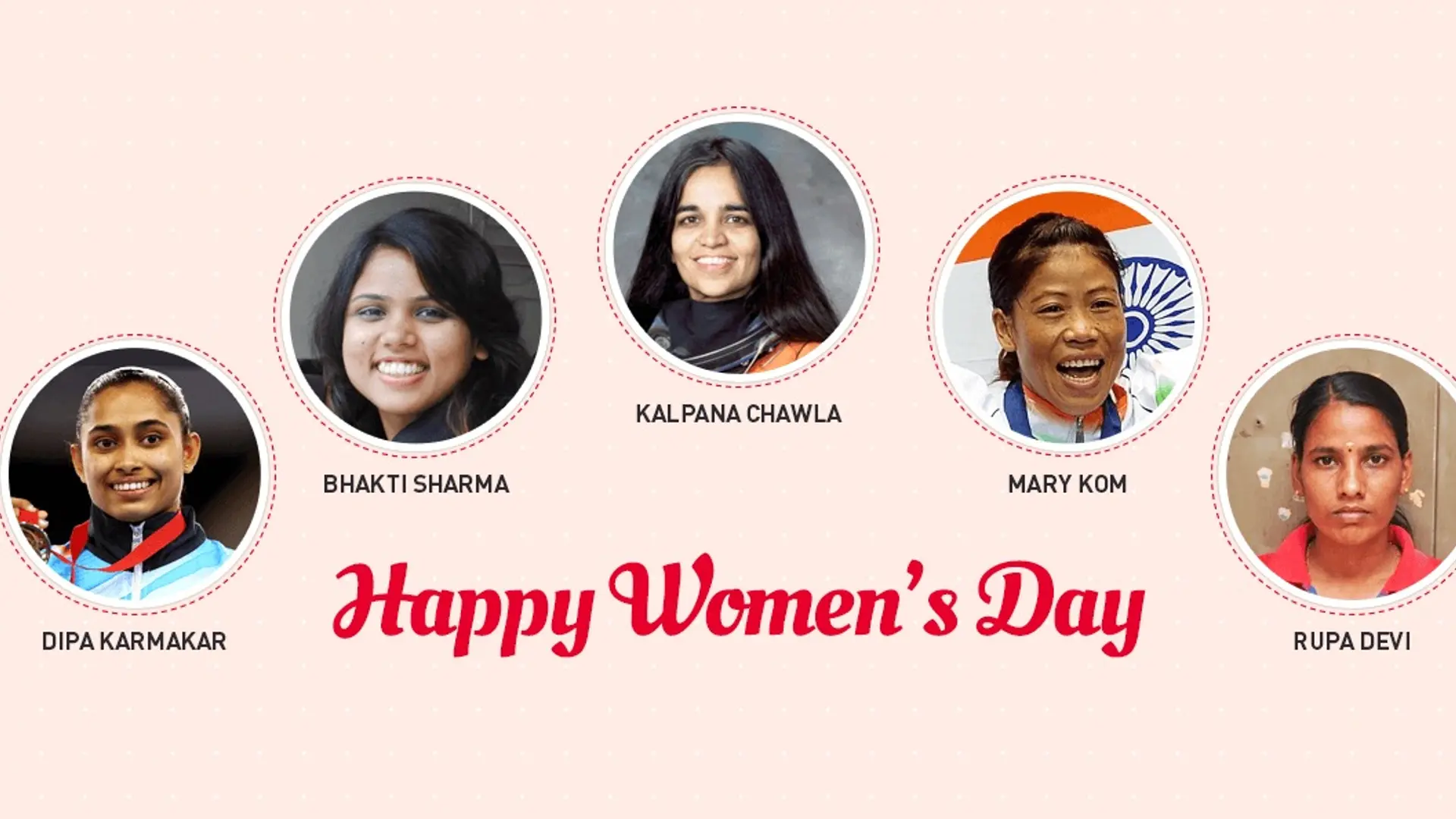

How a Nutritional Program Became a Life-saver For This Malnourished Child
India is home to one thirds of the malnourished children in the world. Less intake of food, unbalanced diet, or inadequate quantity of nutrients makes the children under-nourished. These underweight children are more likely to suffer from long-term health problems like pneumonia and tuberculosis, leading to a high mortality rate. Malnutrition among children often begins in prenatal stages due to lack of awareness and poor economic situations, especially in families with frugal means. The Deshpande Foundation’s Magu Nagu program works to save children, such as Pooja, from this condition that can be fatal when ignored.
“We tried consulting doctors to help Pooja gain weight. The doctors prescribed medicines to help, but in vain. She could take only milk; and would vomit if she were to be fed anything else,” says Prema Nanapur, mother of four-year-old Pooja at their home in Navalgund, north Karnataka. Pooja’s parents own a three-acre barren land in the region and are forced to work as labourers to make a living.
In impoverished communities, malnutrition stems mainly from the lack of education and awareness about nutritional requirements. Beneficiary communities are reluctant to accept the suggestions of program facilitators. The need for change in diets, feeding habits of children, hygiene requirements and medical care in case of patients, are ignored. Moreover, the communities are rife with superstitions and regressive customs that decides their eating habit and prevent them from eating healthy.
Prema gave birth to Pooja at the end of a difficult pregnancy. Her husband was a drunkard and this made Prema miserable. Owing to her marital woes, Prema remained depressed, which added to her weak health. As a result, the newborn and the mother were both weak postpartum. The Magu Nagu facilitators met Prema and Pooja in 2013, during a customary house survey to assess the nutrition levels of children aged below six, in below poverty line (BPL) families in Dharwad. They recorded Pooja’s health parameters such as height, weight, mid upper arm circumference (MUAC) among others. “Pooja was close to five months when the team first visited us. They told us that she weighed nearly 5 kgs and needed to gain more weight,” says Prema.
The malnutrition-free program intervenes at multiple levels, screening the children through health checkups, intervening through medical and nutritional counselling and a sanitation program; all of which are closely followed-up through continual reviews. Though directed at children, the program involves the caretakers and parents of children, pregnant mothers (to avoid prenatal malnourishment) and women in households.
The team offered Prema a set of therapeutic, nutritional supplements such as Spiruline (nutrient mix) capsule, eezee paste (custom-made sweet mix of powdered peanut, milk solids, with minerals, vitamins) and dry banana to nourish the baby. “My daughter loved the dry banana. Since the first day of the team’s visit, we fed her two spoons of eezee paste. We also started feeding her other supplements. This improved her appetite. Gradually, Pooja started to eat mashed rice and dal,” says Prema. For Prema, the team included her in the periodic meets meant for mothers and caretakers. The topics for the sessions were mostly around nutrition, hygiene needs and even sleep patterns of children.
Within a year and nine months of Magu Nagu intervention, Pooja’s weight improved to 7.3 kg. Within three years, her weight touched 8.65 kgs; however, she was still under the severe acute malnourished category. Recent records show that she weighs 12.5 kgs. She is still considered in the SAM category. The team has been working to conduct health camps, awareness sessions involving caretakers of children and even teachers to ensure that their interventions deliver the desired results. “Roping in many stakeholder’s help ensure that our advices are thoroughly followed through,” says Lingesh, program manager at Magu Nagu.
Three years since its launch, the malnutrition eradication program run by the Deshpande Foundation has put the smile back on the faces of many malnourished children and their families across three talukas in Dharwad through simple, systematic measures. It combines technology and vigor to eradicate the root causes of malnutrition and to transform lifestyles around healthy diets, hygiene habits and vital medical care. Magu Nagu is a collaboration between the Women and Child Development Department, Child Academy, Dharwad, and Tata Marcopolo along with Deshpande Foundation.
.JPG?fm=png&auto=format&w=800)
Pooja and her mother Prema


.JPG?mode=crop&crop=faces&ar=2%3A1&format=auto&w=1920&q=75)



.png?mode=crop&crop=faces&ar=1%3A1&format=auto&w=1920&q=75)
